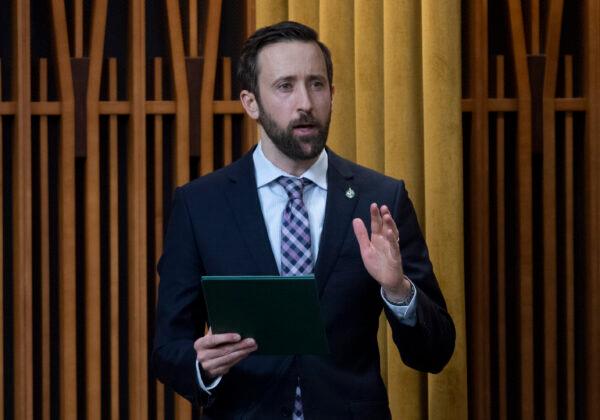News Analysis
Ontario teachers are continuing with their job action over Bill 124, with the government insisting that the Ontario Secondary School Teachers’ Federation cares more about compensation than the quality of education and protecting students, and the union accusing the government of failing to address concerns like larger classroom sizes and mandatory online courses.





